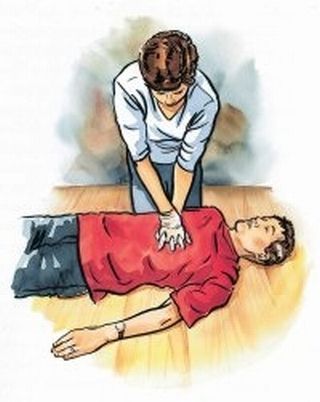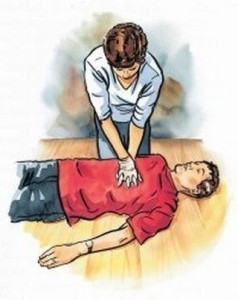Even when people have their CPR certification, it seems that there are always questions or concerns that arise once an actual emergency occurs. These concerns could be unexpected for many reasons: perhaps they were never specifically addressed in the CPR training class, or maybe the idea seemed obvious at first so the information was simply overlooked or forgotten. Whatever the case may be, the simple truth of the matter is that it is impossible to prevent the feeling of unpreparedness when faced with an unexpected, intense situation. What can be prevented, though, is a lack of knowledge about key matters that could possibly aid in or prevent the saving of a life.
Although concerns about CPR vary, a common issue that rescuers face is the indecision that comes from not knowing exactly how long to provide CPR. In movies and television, media that greatly affects culture today even when many are completely unaware of its influence, CPR is usually shown to only last maybe two or three minutes until the victim is either revived or proclaimed to be “gone.” This is far from accurate, though, as current research shows that CPR performed longer (up to 10 minutes or more) actually increases the victim’s chance of survival, and CPR that is stopped too quickly almost always results in the victim’s death. A very important tip to remember when performing adult CPR is to NEVER stop or slow CPR performance unless: paramedics or emergency personell arrive to take over care of the victim, the victim shows obvious signs of death, or the victim is entirely revived. REMEMBER: slight movement from the victim is not an indication of revival, it just means that the CPR is working; only stop CPR if the victim wakes completely, and never stop CPR to check for a pulse.






